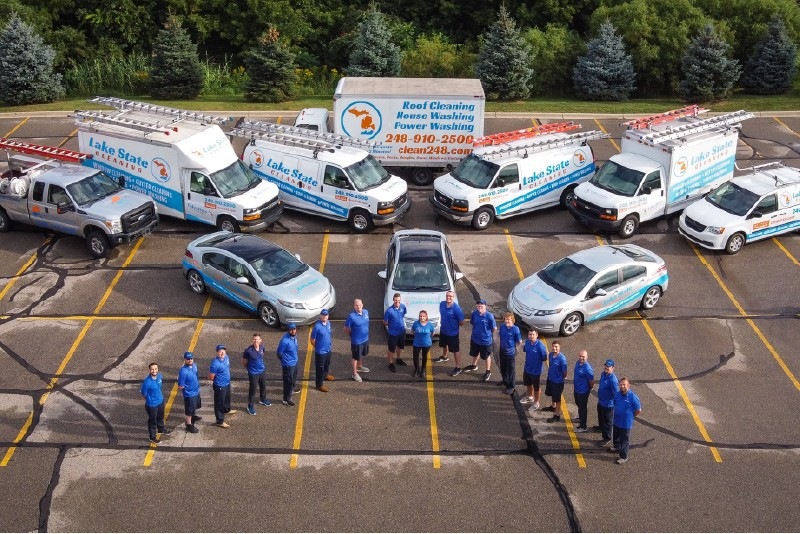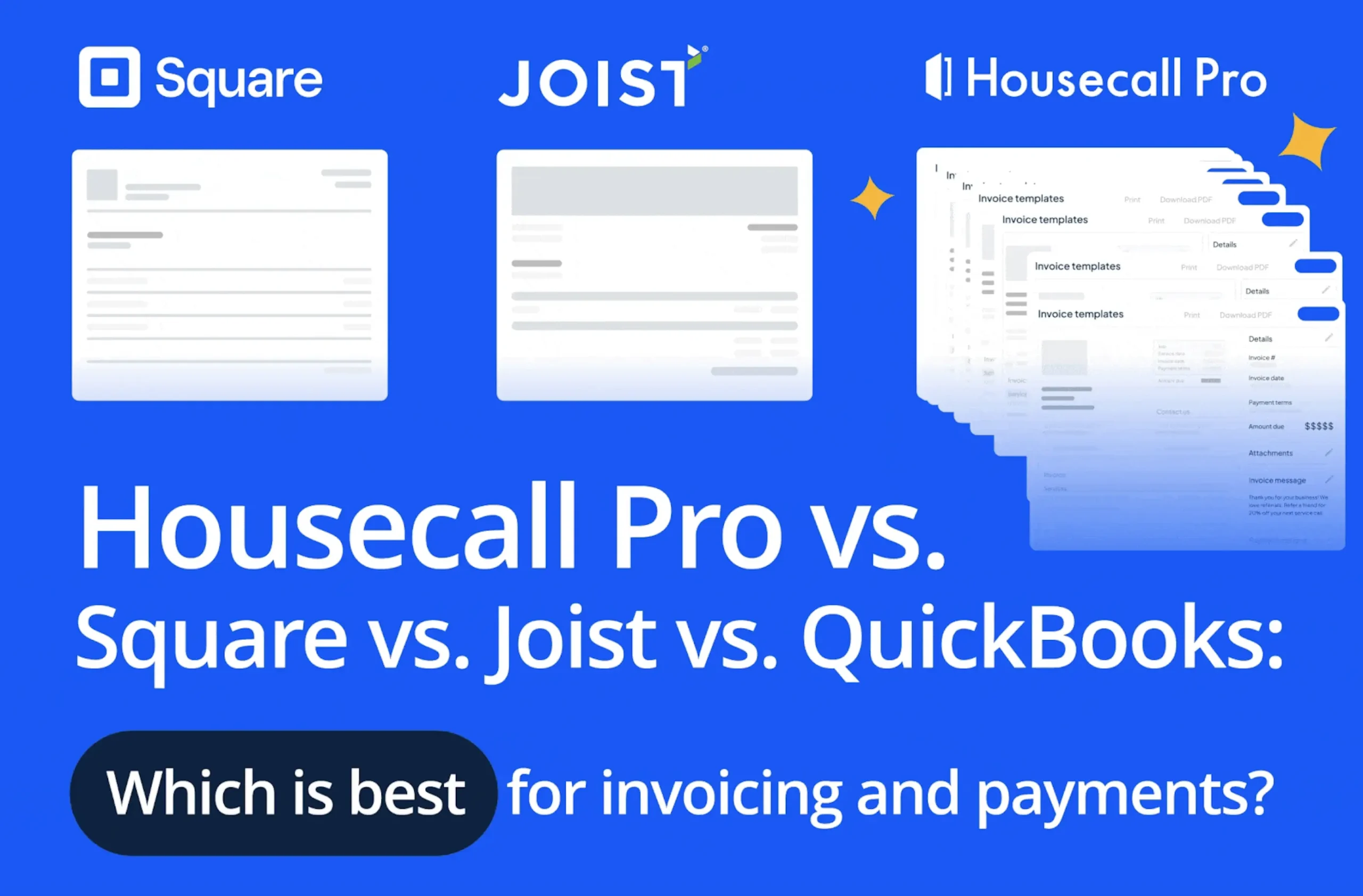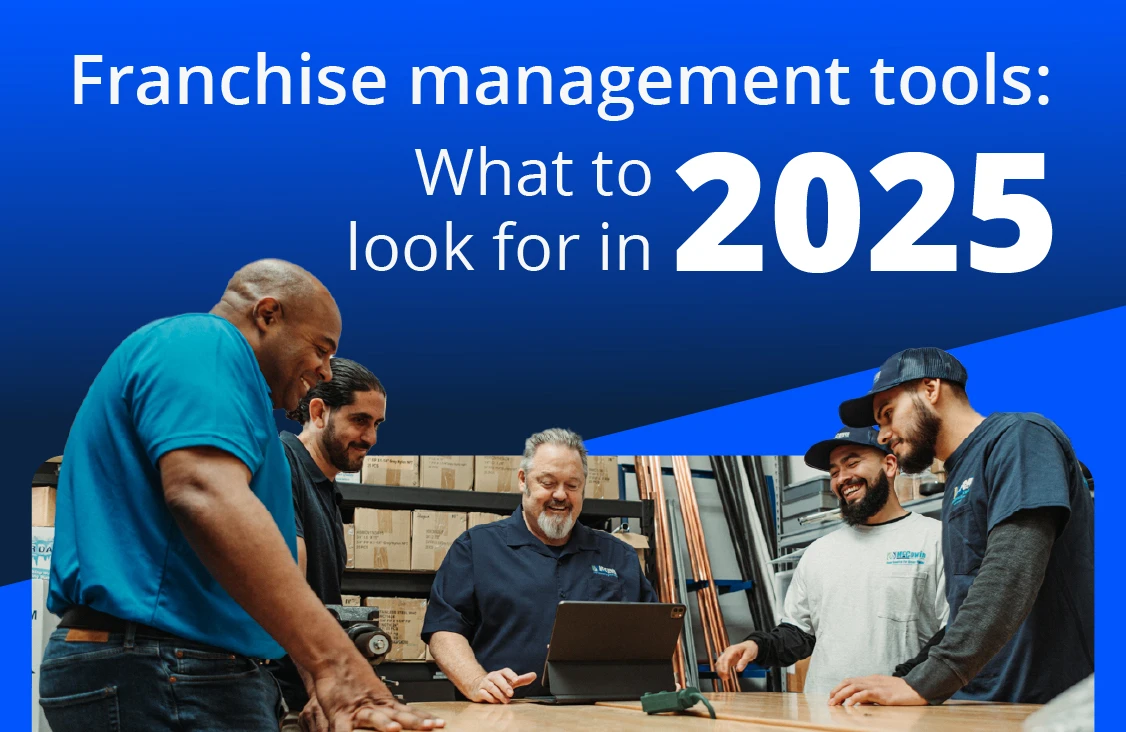
OK, things seem to be going pretty well. You’ve got a great team, customers are happy, equipment is in excellent shape, and there’s more business than you can handle. But what happens when Larry or Linda gives their two-week notice or simply doesn’t show up?
When employees leave, it can throw your entire business into chaos and set back all the great things you’ve accomplished while you scramble to find, train, and deploy a quality employee back into the field.
So how do you avoid the hassle and pain of losing a quality employee? The answer would be to keep them happy in their jobs in the first place so they don’t think about leaving.
Employee retention is more than just a management hassle. Your employees do far more than just deliver services. They are the face of your company and the most valuable assets you have. With your technicians in the field taking care of customers, they are not just engaging in revenue-generating activity, but also helping cement a brand into the minds of your customers so you get repeat business.
How to retain great employees
When you’ve built a team of qualified people, you can work on building your business and doing the things necessary to grow.
Easier said than done, especially in a strong labor market with high demand for many field services types of jobs.
The market for field services is expected to grow at a rate of almost 17% year over year until 2022, and job prospects are bright. Just the need for new HVAC technicians, for example, will increase 14% between 2014 and 2024, and overall, in just the next three years, an overwhelming 60% of workers in the home energy field will need to be replaced.
This is all excellent news for individual workers, but as an employer, you’ll have to come to terms that the people on your staff have a lot of options.
You can no longer hope to keep workers for decades; we are now operating in a highly competitive environment and expectations among employees are high. The employers who meet and beat those expectations are the ones who will ultimately win by keeping their staff and ensuring they are happy.
Creating a desirable work environment so workers stick around is not done just through a series of items you can check off your list.
Sure, they want to be paid well and benefit from perks, but there are also cultural dynamics at work that give people a reason to stay. Let’s look at some things you can do to be a desirable employer and keep your employees from leaving:
Make it their company
Your name may be on the trucks and you pay the bills, but you have to create an environment where everyone feels like they are owners. With ownership comes a sense of responsibility; just like how you might drive a rental car differently from your own car, you treat the things you are invested in with greater care.
An employee who feels like just a number may show up on time and do the job, but there’s a good chance they will do the bare minimum.
However, if they feel like they are valued and they actually contribute to the company’s success, then they are going to do things that weren’t in their original HVAC job description because they care about the company being successful.
They see that they are part of the brand and want to take the extra step to make it shine. It is critical that you spend a significant part of your attention implementing ways to ensure employees feel tied to the place they work.
At the end of the day, having people who feel responsible for the success of the business are worth a fortune, but you have to create an environment that fosters this kind of mindset.
Give employees a financial stake
One significant way to extend the idea of ownership is with financial incentives and actually giving employees ownership in the company, usually through something called an employee stock ownership plan (ESOP).
This generally requires some re-structuring of your company as a legal entity and you will need to consult with an attorney to do it correctly. But it entails rewarding employees for sticking around by granting them shares in the company that vest over a certain time period.
Those shares become more valuable if the company is successful; a stake in a company valued at $3 million is better than one valued at $500,000, and naturally, people will work towards creating bigger and better upside.
This requires you to give up some equity in your company, but you still retain decision-making control and there are tax incentives that can help your bottom line. Employees also have to stay with the company to get the full financial benefit of their equity which creates one of the best retention incentives.
Offer competitive benefits
Employees want to know that you value them, and benefits is one of the most effective ways you can demonstrate that. When you offer health benefits, life insurance discounts, retirement planning, or other perks that relate to their life events, it communicates to them that you are investing in them.
In fact, a survey found that 6 out of 10 employees would rather spend a night in prison than lose health insurance.
So, for an employer who provides this, the sense of loyalty among employees is huge. Additionally, benefits like flextime or getting a day off on your birthday go a long way towards reminding employees that they are valued and don’t cost you much.
Provide small perks that carry big value
Would you want to work in an environment where people just show up, do their jobs, collect a paycheck, and leave? That would get old real fast. Instead, use small perks to make people happy and feel tied to the business and their co-workers.
This may sound like small potatoes, but the impact is huge. I’m talking about picking up bagels or donuts on the way in to work and providing them in the break room every now and then.
Monthly birthday celebrations, holiday parties, or team-building activities where people can take their brain out of work mode and just enjoy their co-workers creates a feeling of belonging.
People are inclined to want to maintain that and stick around at a place that knows how to have fun. And these types of activities don’t have to cost a lot, but they are a reminder to employees that they’ve got a pretty good gig. For those who might think about leaving, they will have to consider if it’s possible to replicate that kind of feeling in a new job.
Be a great communicator
No one appreciates being left in the dark, but many employers can fall back on communication. Miscommunication can cause workers not to know what is expected of them. It also prevents employees from feeling like they can have a real relationship with you and that they aren’t truly a part of the company.
This may be one of the easiest things for you to fix because it costs so little. It will take dedication on your part, but you will find that staying connected with employees gives them a sense of being integral to what is happening, which makes them feel tied to the business. Make sure that you have company meetings every quarter or a few times each year.
Tell employees about the status of the company and what your expectations are, but also follow up with 1:1 texts and emails. Ask employees questions and solicit their advice.
Every time you do these things, you’ll learn more about the people you employ and it will give you insight into your customers and market as well.
Business leaders have a tendency to focus outside what’s going on in their own company. They seek growth and look to market forces and competitors as ways to formulate their strategies, but if they don’t also take care of what’s happening at the home office and ensure their employees are happy, they may lose employees who seek better working conditions elsewhere.
While this is an inevitable aspect of every business, when it happens too often it can kill all the growth efforts you’ve spent so much time building.
Remember, employees are people, and people like being treated well.
When you invest in them, they are far more inclined to invest their own time right back into the company. Employees will stick around when they feel valued and that they can enjoy the time they spend at work.
A happy workforce will save you money, avoid headaches, and it will actually even make your own work life a lot more enjoyable too.






